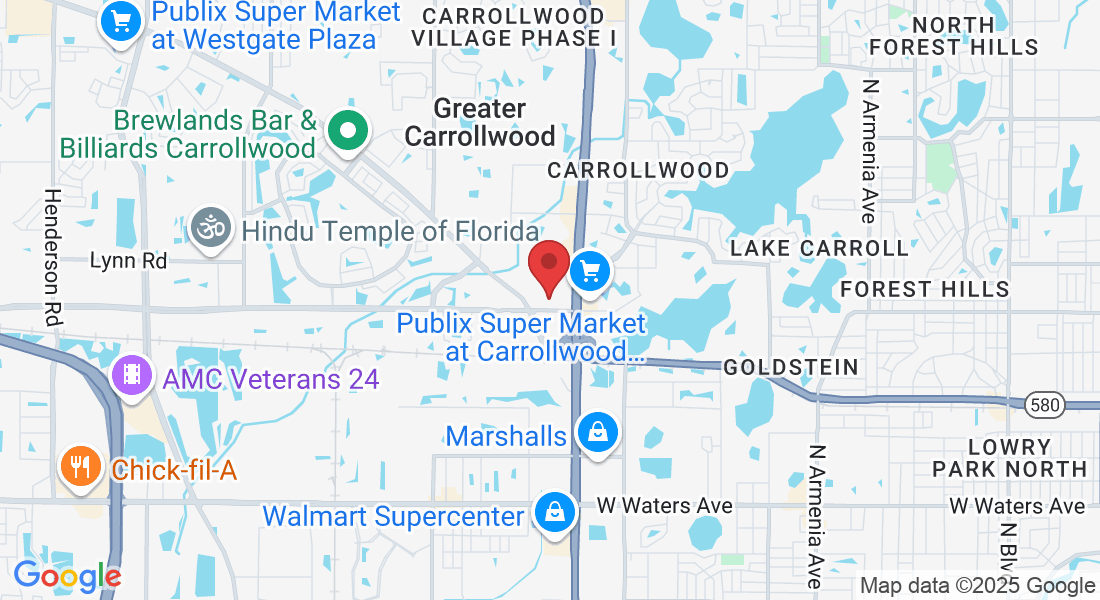CALL NOW & SCHEDULE TODAY
Our Blog
Here you will find free financial tips and actionable items that can help you make better financial decisions, and get you on the path to financial independence. Here's to your success!

5 Reasons Why You Need an Emergency Fund (Especially as a Family)
Today, we're diving into a topic that might not be the most thrilling, but trust me, it's essential for the well-being of your family: emergency funds. Now, I know what you might be thinking – "We're already juggling a million things, who has time for this?" But bear with me because having an emergency fund can be a game-changer, especially when you've got little ones relying on you. So, let's break it down and explore why you need an emergency fund, Dave Ramsey style!
1. Unexpected Expenses:
Life has a funny way of throwing curveballs when we least expect it. From busted water heaters to surprise medical bills, these unexpected expenses can hit hard and fast. Having an emergency fund cushions the blow, giving you the financial breathing room to handle whatever life throws your way without resorting to credit cards or loans.
2. Job Loss or Income Reduction:
In today's unpredictable job market, nobody is immune to the possibility of job loss or income reduction. Whether it's due to layoffs, downsizing, or unexpected circumstances, finding yourself without a steady paycheck can be terrifying, especially when you have a family to support. An emergency fund provides a financial safety net, allowing you to weather the storm while you regroup and find your footing.
3. Medical Emergencies:
As parents, our worst nightmare is seeing our little ones in pain or facing a medical emergency. But beyond the emotional toll, these situations can also wreak havoc on your finances. From unexpected trips to the ER to unexpected medical procedures, healthcare costs can add up fast. Having an emergency fund means you can focus on what matters most – your family's health – without worrying about how you'll pay the bills.
4. Home and Car Repairs:
Let's face it – homes and cars have a knack for breaking down at the most inconvenient times. Whether it's a leaky roof or a busted transmission, these unexpected repairs can put a serious dent in your budget. But with an emergency fund, you can handle these expenses with ease, keeping your home safe and your family on the move without skipping a beat.
5. Peace of Mind and Financial Stability:
Perhaps the most significant benefit of having an emergency fund is the peace of mind it brings. Knowing that you have a financial safety net in place provides a sense of security and stability for your family. Instead of constantly worrying about what might happen, you can focus on enjoying life's precious moments and building a bright future for your loved ones.
In conclusion, folks, having an emergency fund isn't just a good idea – it's a must for any family, especially those with kids. So, take the time to prioritize building and maintaining your emergency fund. Trust me; you'll thank yourself when life throws you a curveball. As Dave Ramsey always says, "Live like no one else now, so you can live like no one else later." Here's to financial peace and security for you and your family!
FAQ Section:
Q1: How much should I have in my emergency fund?
A1: As a rule of thumb, aim to have three to six months' worth of living expenses saved up in your emergency fund. However, the exact amount will depend on factors like your income, expenses, and risk tolerance.
Q2: What if I don't have enough money to build an emergency fund?
A2: Start small and work your way up. Even setting aside a small amount each month can add up over time. Look for areas where you can cut back on expenses and consider picking up a side hustle to boost your savings.
Q3: Can I use my emergency fund for non-emergencies?
A3: It's best to reserve your emergency fund for true emergencies, such as unexpected medical expenses, job loss, or major home repairs. Using it for non-emergencies can leave you vulnerable when a true emergency arises.
Q4: Should I keep my emergency fund in a savings account?
A4: Yes, a high-yield savings account is the best place to stash your emergency fund. It offers easy access to your funds while also earning a bit of interest, helping your money grow over time.
Q5: How often should I review and update my emergency fund?
A5: It's a good idea to review your emergency fund at least once a year or whenever your financial situation changes significantly. This ensures that your emergency fund remains adequate for your current needs and circumstances.
Key Takeaways:
- Building an emergency fund is essential for protecting your family's financial security.
- Aim to save three to six months' worth of living expenses in your emergency fund.
- Start small if you need to and gradually increase your savings over time.
- Keep your emergency fund in a high-yield savings account for easy access and a bit of growth.
- Regularly review and update your emergency fund to ensure it remains adequate for your needs.
Our mission at J&M Financial Services is simple: to empower families to achieve financial peace of mind. We achieve this by upholding values like integrity, trust, and an unwavering dedication to your financial success.
10008 N Dale Mabry Hwy
Ste 100-S
Tampa, FL 33618
888-681-7506
Copyright © 2025 J&M Financial Services - All Rights Reserved


